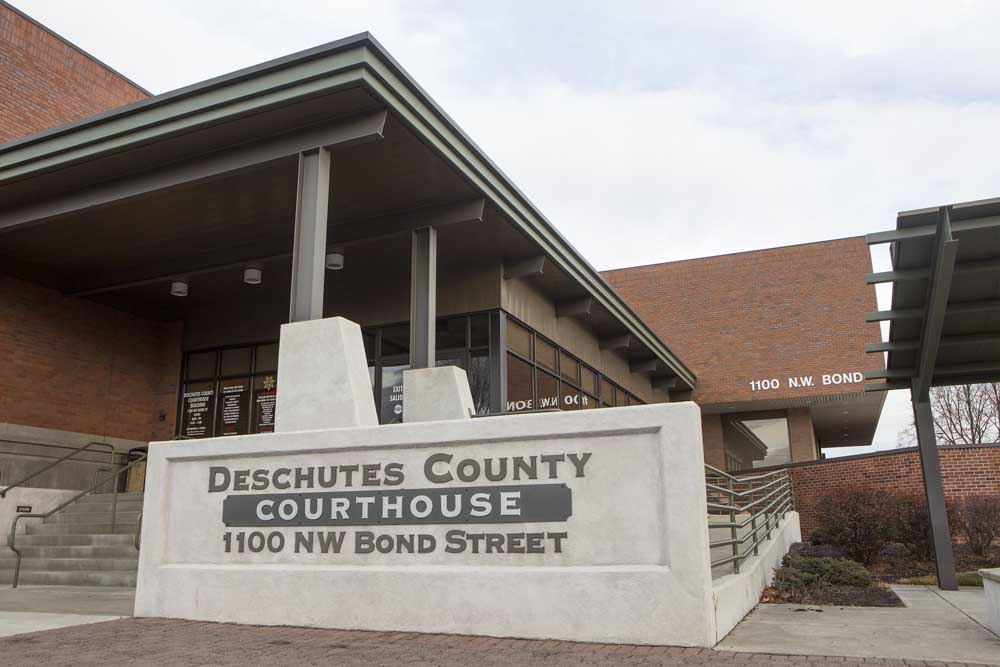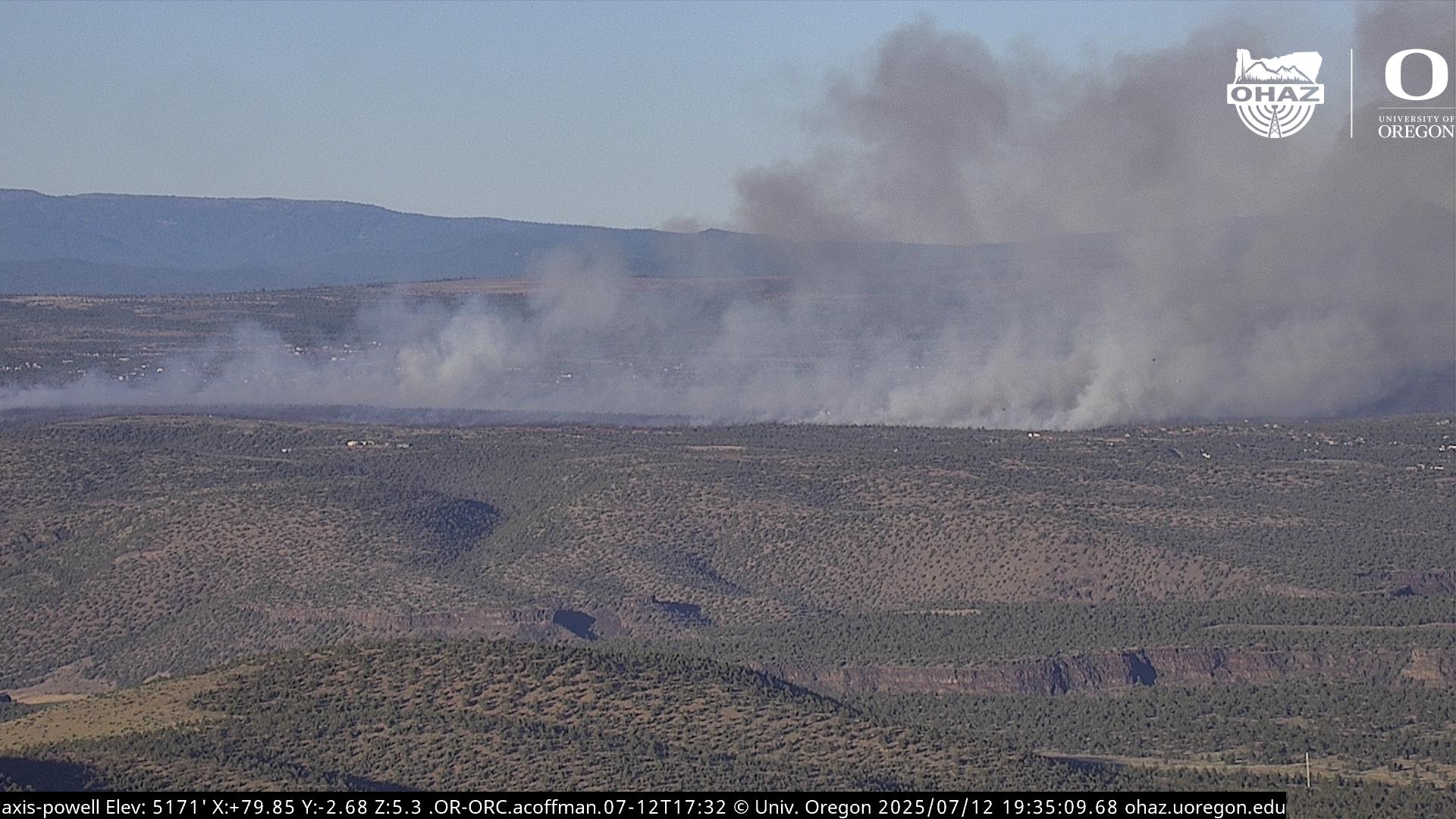Bend man accused of attacking roommate with bat will testify before grand jury
Published 5:30 pm Monday, August 26, 2024

- The Deschutes County Courthouse in Bend.
A Bend man accused of attempted murder after hitting his roommate in the head with a bat Aug. 18 argues he acted in self-defense, and petitioned a Deschutes County Circuit Court judge to let him face a grand jury in person to testify to that effect.
The judge agreed he could testify in person.
Trending
Grand juries are citizen panels that evaluate evidence presented by prosecutors and decide whether there is enough evidence to charge a person with a serious crime. Criminal defendants who have been arraigned but not indicted have a statutory right to testify in front of a grand jury, but Deschutes County District Attorney Steve Gunnels said it is “very uncommon.” It happens maybe once or twice a year, he said, making Timothy John Boyd’s request to appear in-person in front of the grand jury even more unusual.
More Coverage
Bend man jailed on suspicion of attempted murder
Boyd, 66, was arraigned last week in the alleged attack on his roommate, and is currently awaiting an indictment from a grand jury. On Monday, Boyd’s lawyer, Evander McIver, argued before Judge Alycia Herriott that Boyd’s in-person testimony would be critical to fairly adjudicating his case, and that a virtual appearance might impact the results of the grand jury investigation.
Trending
“In an in-person hearing — and this is why we have them at trial — you can see a person,” McIver said in Monday’s hearing, which was itself held remotely. “He can look someone in the face, answer their questions, and they can see how he reacts. They can determine his credibility much better than in a recording with glitches, shadows and some dark background.”
McIver plans to argue that Boyd acted in self-defense when his roommate Stephen Jay Steria, 58, attacked Boyd in their southwest Bend home on Aug. 18. During the hearing, McIver stated Steria initiated the attack after entering Boyd’s room, and that Boyd could be heard from outside the room calling for help. Boyd then called 911, and Steria was taken to the intensive care unit at St. Charles Bend, where he was treated for multiple severe head wounds.
In the matter of allowing Boyd to testify in-person at the grand jury hearing, the state argued against the defense request. Its argument was that grand jurors are familiar with seeing defendants present their cases virtually, and that allowing Boyd to appear in-person would present “substantial security and safety concerns” for those present, in light of the violent nature of the charges.
“I would agree that Mr. Boyd’s credibility is an important part of this case,” Joseph Langerman, deputy district attorney with the Deschutes County District Attorney’s office, argued during the hearing. “The question here is, would appearing remote take away from determining his credibility and demeanor? The state’s position is no.”
Furthermore, Langerman argued, the room used for grand jury hearings at the Deschutes County Circuit Court is the size of a conference room rather than a courtroom. This would necessitate, theoretically, a security presence and Boyd being restrained during his testimony.
While Langerman was presenting his argument to Herriott , his audio cut out several times. At another point during the hearing, a staff member from the jail could be heard over the line, causing brief confusion over who was speaking.
After both parties had concluded their arguments, the judge admitted that the audio difficulties she witnessed during the remote hearing Monday swayed her original impression about the reliability of remote testimony. Combined with the high stakes of the case — Boyd could be sentenced to 90 months in prison if found guilty — she ruled in favor of the defense request for transport.
On Wednesday, Herriott will rule on what security measures must be put in place for Boyd to attend the grand jury hearing, scheduled for Friday. If indicted, Boyd’s arraignment is scheduled for Sept. 3.








